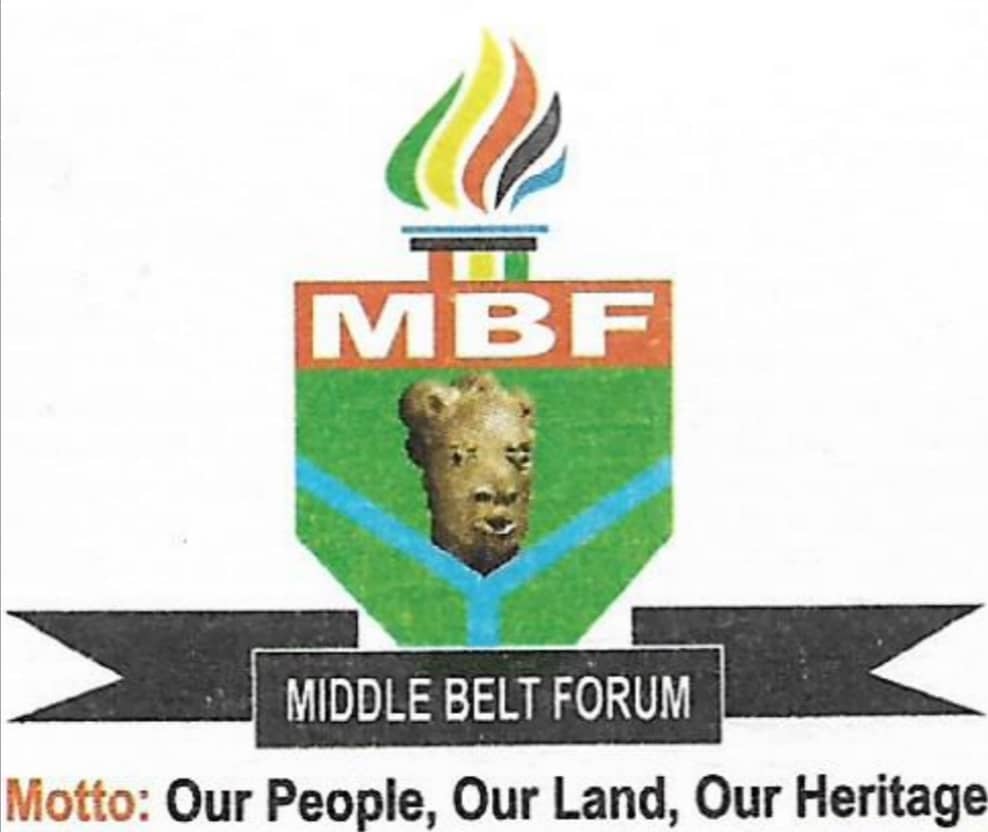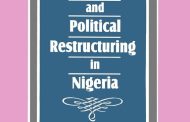By Ambassador Usman Sarki
Reductionism when uprooted from its fundamental basis in the natural sciences and transported to the analysis of historical and sociological phenomena, creates a complex diversion that can be equated to obfuscation of facts or even an escape from reality. This is exactly what seems to be the trend nowadays in the discourse around the so-called “Middle Belt” question in Nigeria. An indeterminate spatial entity has been created by force of intellectualization and creative reasoning, that has no connection with reality in terms of the configuration of the Nigerian topography or geopolitical attachments to specific locations and areas.
 For want of better judgement and solid basis of locating the discourse in reality, the “Middle Belt” is now not defined in geo-spatial terms, but in effect in terms of confessional affiliation and a peculiar attachment to religious belief and identity. That, to say the least, is a very amorphous ground on which to seek to locate a multidimensional discourse that seeks to explain a political expression in the evolving configuration of the Nigerian national construct. The idea that a section of the country can be simply excised mentally or culturally, and rendered independent of another especially one whose identity is interwoven with the other, makes this mental somersault an arduous undertaking.
For want of better judgement and solid basis of locating the discourse in reality, the “Middle Belt” is now not defined in geo-spatial terms, but in effect in terms of confessional affiliation and a peculiar attachment to religious belief and identity. That, to say the least, is a very amorphous ground on which to seek to locate a multidimensional discourse that seeks to explain a political expression in the evolving configuration of the Nigerian national construct. The idea that a section of the country can be simply excised mentally or culturally, and rendered independent of another especially one whose identity is interwoven with the other, makes this mental somersault an arduous undertaking.
The “pain of thinking” as Edward Gibbon famously wrote, can justly be applied to the justification of this artificial construct of convenience, which has been knocked together by discontent and disgruntlement, and not by any particular reason of policy or expedience. Such then, is the issue or subject we have been called upon by necessity to address, and a notion which by force of duty we are called to dispel. The idea that the “Middle Belt” is a distinct entity from the rest of Northern Nigeria is a recent notion developed as part of resistance to the very concept of the “North” itself, and the perception of its homogeneous nature that encompasses all the peoples contained in that spatial area.
Although no one from the “North” has ever made such an extravagant claim or assertion that the region is homogeneous, the idea has been forcefully entrenched in our subconscious by the repeated assertion of its existence by the opponents of the North, and the ready appeal of the claim as a tangential point of departure by the proponents of separation from the region. With such a convenient notion sold to them, the apostles of the “No North” crusade have clasped on to the original fallacy and have now made it a mantra of sorts, in their mistaken belief that they are fighting a primordial enemy in the person of the “core North” whatever that means.
As societies evolve they seek higher mental, spiritual, cultural and economic aspirations that would solidify their fortunes and reinforce the solidarity of beliefs and outlooks in the existence of such societies. Here, in the context of the “Middle Belt”, what is sought is not actually any of the elevating aspects of societal development in the form of progress and advancement to higher levels, but an inferior sort of sentiment that seeks out “enemies” and manufactures grievances upon which a militant and combative disposition is constructed. There seems to be nothing more to the idea of the “Middle Belt” that we can safely conceive and advance, other than this retrogressive sentiment whose nourishment is religious enmity and ethnic chauvinism.
The placing of history on its head such as the notion of “stopping the Jihadists” and other fabricated fictions, have become the rallying cry of the “Middle Belt” ideology. Devoid of any guiding principles or clearly identified strata of ideas that could be advanced to justify or prove the veracity of the “struggle”, flailing around in the dark has become a pastime for the proponents of the idea, who now seek as wide and as far as possible, for religious minorities who have been “oppressed” by the core Northern juggernaut. Hence, the fantastic idea for instance, that Southern Borno and the rest of the North East region could now be included into the geography of the “Middle Belt” under the fanciful notion that the inhabitants there have no coterminous linkages or identities with the rest of the people with whom they have been living for millennia.
This wild goose chase sadly has become a dignified vocation for many misguided projects in Nigeria today, such as the restructuring agitation and “true federalism” idea whatever they may mean. Such fabricated notions that have no basis in sociology, philosophy, politics or even culture, can only be classed among the fallacious tendencies that have crowded our mental spaces but do not in any way serve to improve our understanding of anything. They are simply useless furniture in the attic that need to be discarded to create space and neatness.
Education, that veritable destroyer of barriers and leveler of classes, has today been sharpened as a sword to fight imagined enemies and foes, while the opportunities for closing ranks across divides have always been deliberately missed or destroyed. Today, with widespread literacy and the ability to communicate in a common language, we are unable to bridge gaps and reduce distances between and amongst our peoples. Rather, we use our abilities more toward destruction and creating instability everywhere and in the process, plant the seeds of future conflicts and distrust.
Identifying others as enemies is the easiest way to incite hatred and instill irrational fear and animosity in all of us. This tendency today has become a major industry in Nigeria fanned by subjective analysis of situations and the interpretation of phenomena from the basis of narrow prisms of ethnic inferiority and other complexes. Such vocational undertakings of futility have served to mentally and in many other ways alienate us from each other, and instill distrust in us that is becoming a cancerous wound that may never be healed.
Temperamental outlooks based on simplistic assumptions and false constructs must never be allowed to become substitutes to mature reflection and sober counseling. Indeed, if we are to make something of the Nigerian nation as presently configured, the least we should do is to make all attempts at finding commonalities that unite us. A socialist conception of our collective interest for example, will warrant that we fashion out some modus vivendi that is based on respect for one another and reciprocal expectations of privileges in our dealings. This should be the minimum expectation from all of us, rather than an exclusivist tendency that seeks to alienate and distance people on the basis of aggravated grievances and carefully nourished hatred that have no roots in reality.
The author was Deputy Permanent Representative of Nigeria to the UN in New York




























